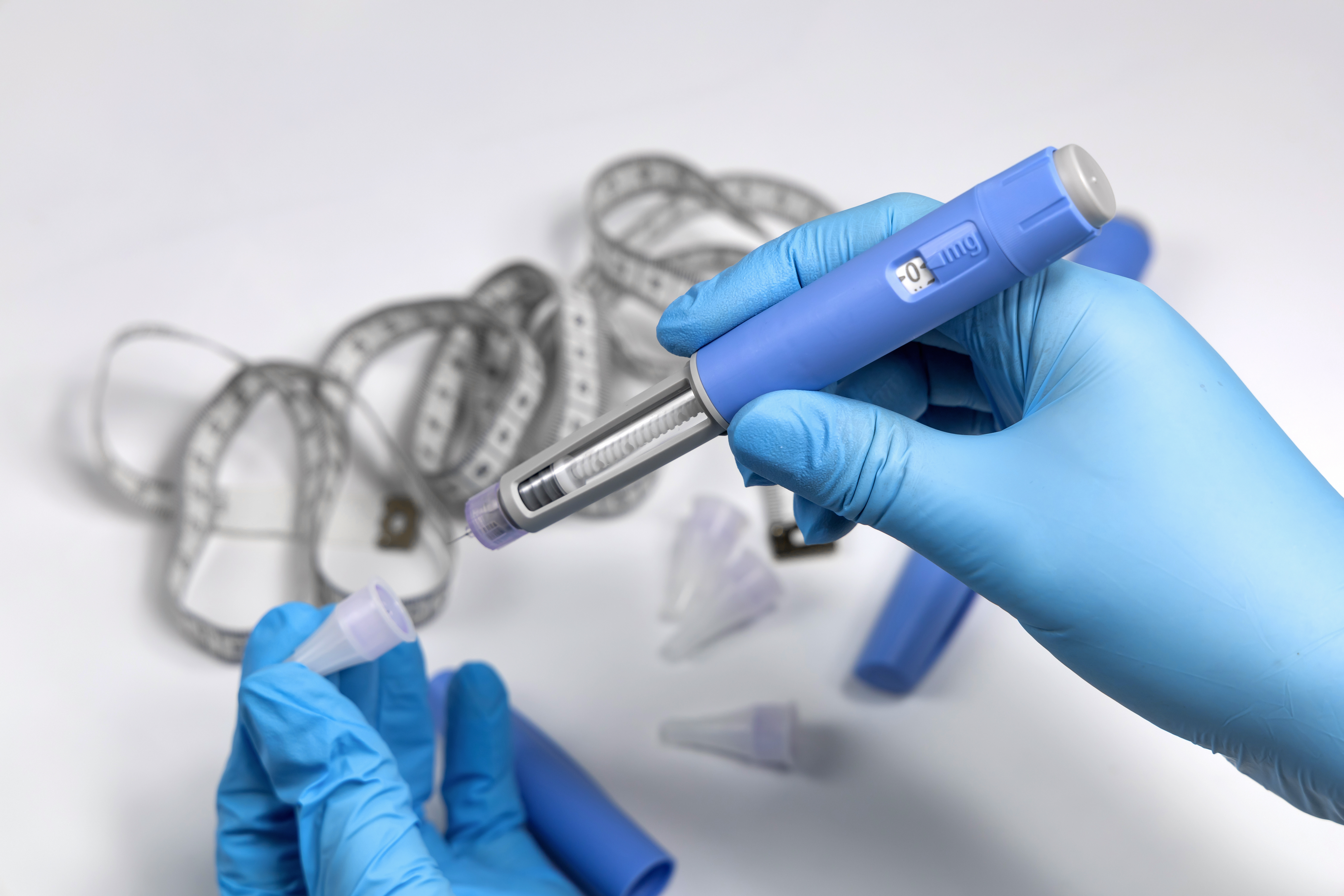You are probably aware of the class of medications called GLP-1s. Glucogon-Like Peptide–1 (GLP-1) Receptor Agonists (RA) medications have recently gained attention in helping people lose weight. Weight loss drugs aren’t often associated with workers’ compensation (comp) claims, but, in recent years, the use of GLP-1s in the commercial and workers’ comp industries have increased exponentially. Julie Black, MyMatrixx by Evernorth® Senior Clinical Account Executive, takes a closer look at these medications and their impact on workers’ comp claims in her latest WorkCompWire Leaders Speak article.
How GLP-1s Work
The higher the dose of the GLP-1 agonist, the more extreme the effects. |
What You'll Learn
- How diabetes and obesity − two comorbid conditions that are often linked together - can greatly impact an injured workers’ recovery and the trajectory and cost of a claim
- Why it's important for payers to rethink the use of GLP-1s as part of their workers' comp program to help minimize the extenuating impacts and costs of treatment
- What a strong pharmacy program should provide to monitor and manage the drugs escalating costs, potential misuse and shortages
As the popularity of GLP-1’s in workers’ compensation continues to rise, it’s imperative that industry professionals stay informed of the latest weight loss medication developments and have a strong PBM partner to reduce treatment costs and get injured workers back to work safety.
